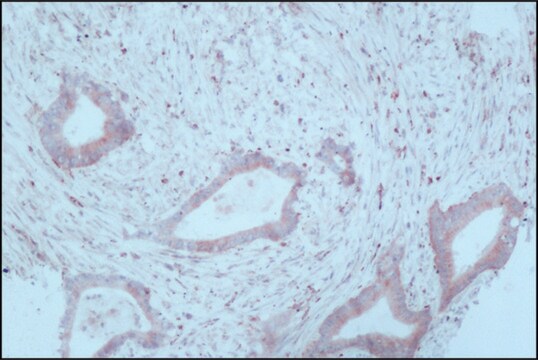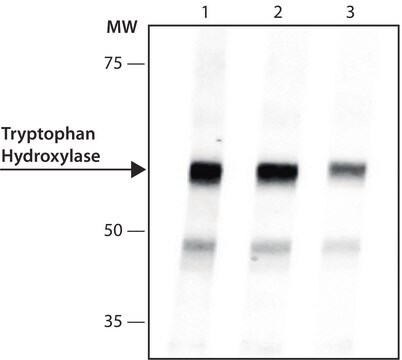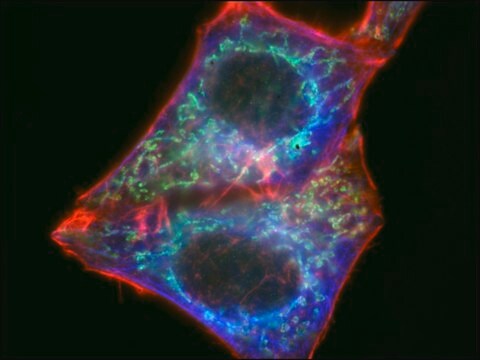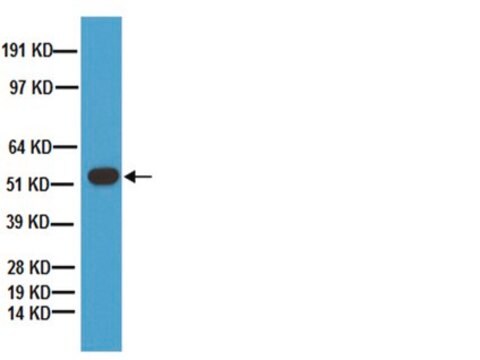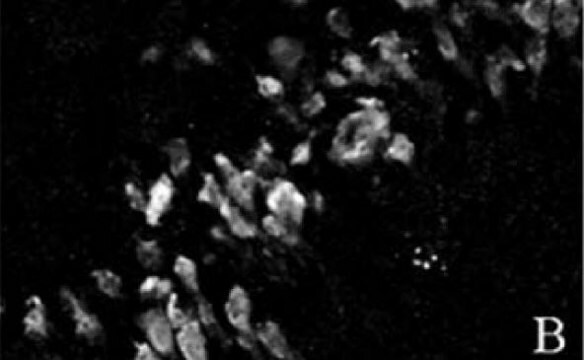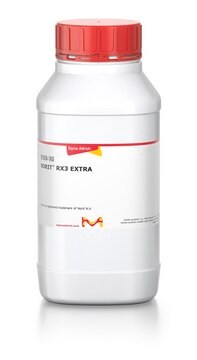SAB4700188
Monoclonal Anti-CD44 antibody produced in rat
clone IM7, purified immunoglobulin, buffered aqueous solution
Synonym(s):
Anti-Pgp-1
About This Item
Recommended Products
biological source
rat
conjugate
unconjugated
antibody form
purified immunoglobulin
antibody product type
primary antibodies
clone
IM7, monoclonal
form
buffered aqueous solution
species reactivity
mouse, horse, canine, human, feline
concentration
1 mg/mL
technique(s)
flow cytometry: suitable
isotype
IgG2b
NCBI accession no.
UniProt accession no.
shipped in
wet ice
storage temp.
2-8°C
target post-translational modification
unmodified
Gene Information
human ... CD44(960)
General description
Immunogen
Application
Biochem/physiol Actions
Features and Benefits
Physical form
Disclaimer
Not finding the right product?
Try our Product Selector Tool.
Storage Class Code
10 - Combustible liquids
Flash Point(F)
Not applicable
Flash Point(C)
Not applicable
Certificates of Analysis (COA)
Search for Certificates of Analysis (COA) by entering the products Lot/Batch Number. Lot and Batch Numbers can be found on a product’s label following the words ‘Lot’ or ‘Batch’.
Already Own This Product?
Find documentation for the products that you have recently purchased in the Document Library.
Our team of scientists has experience in all areas of research including Life Science, Material Science, Chemical Synthesis, Chromatography, Analytical and many others.
Contact Technical Service